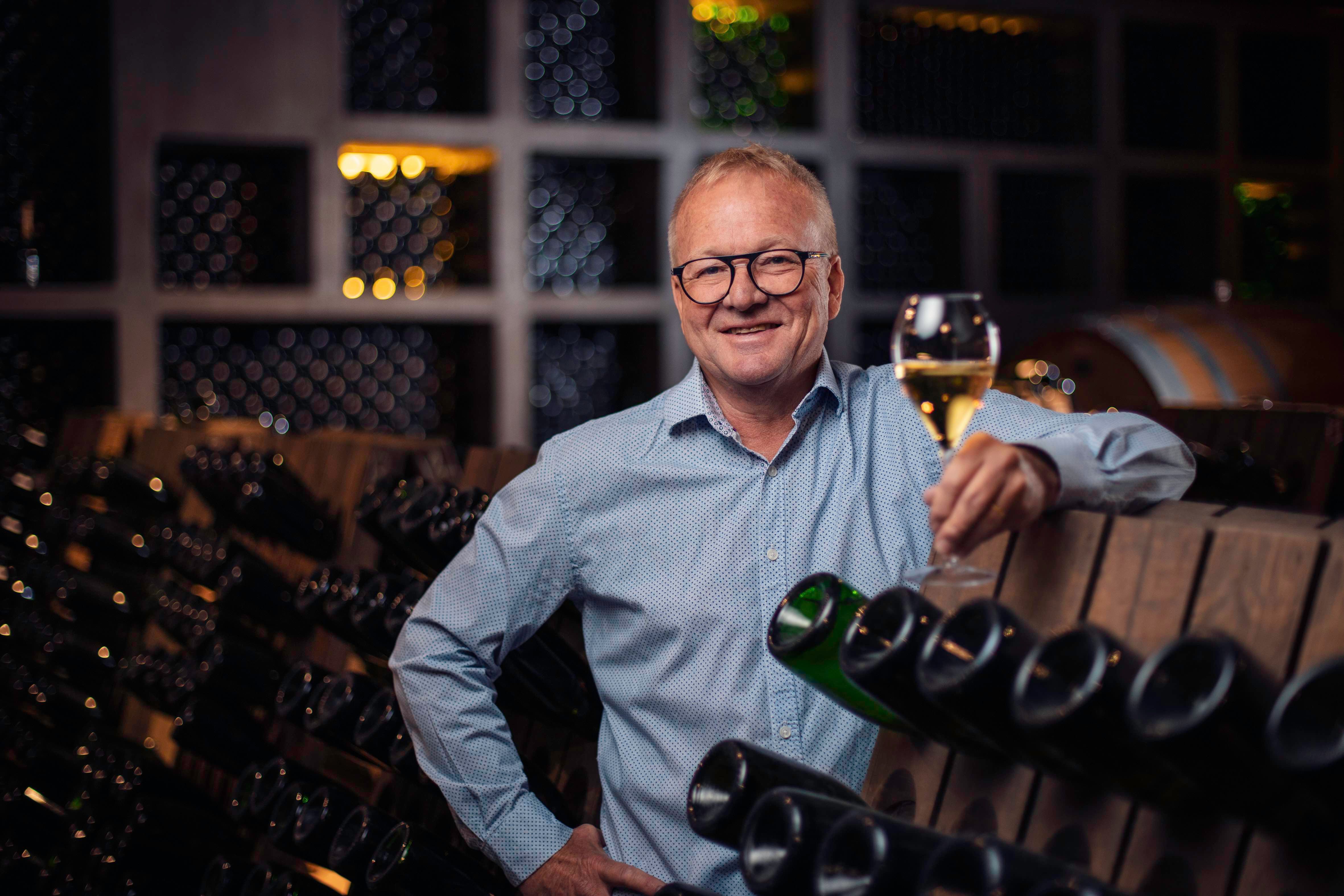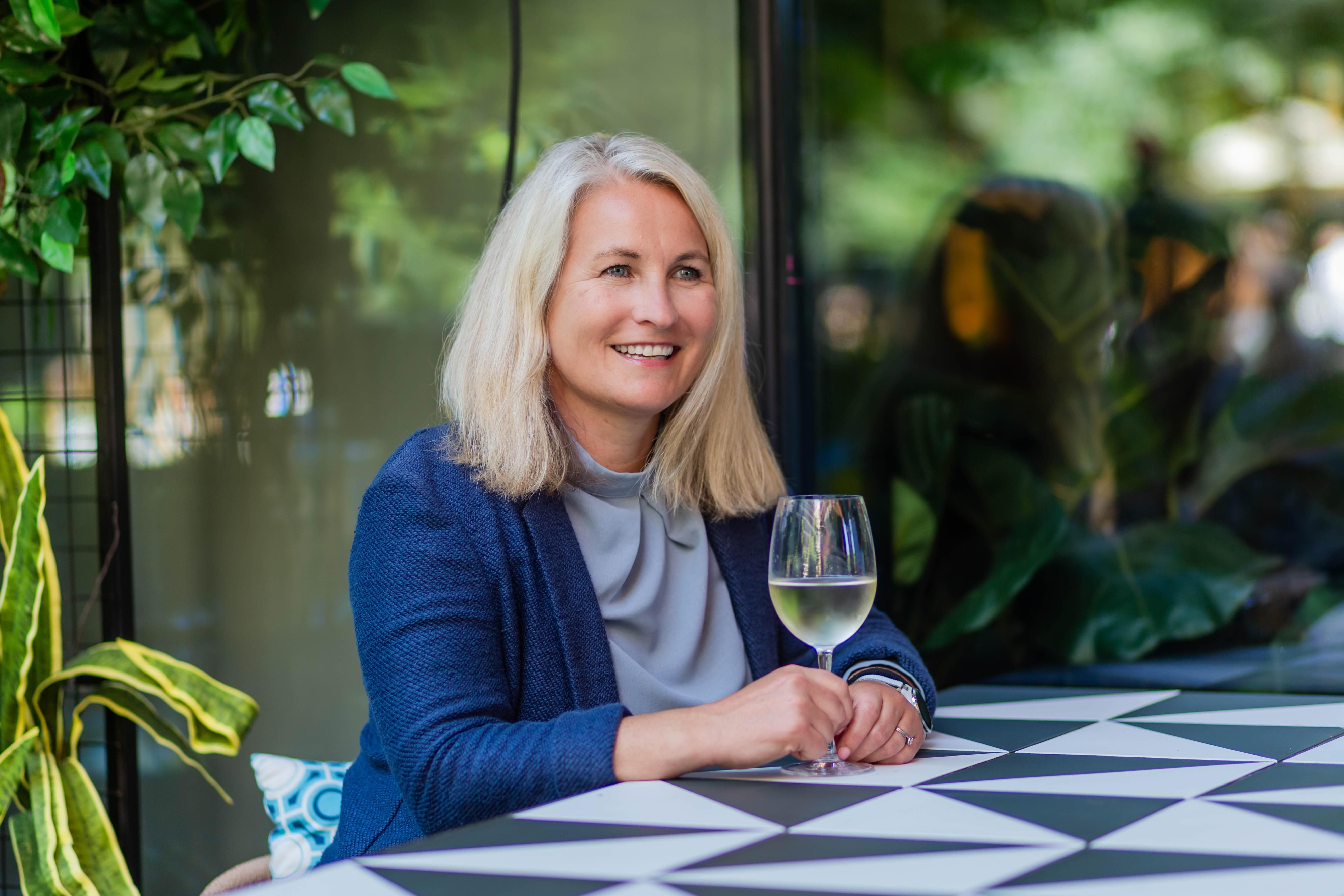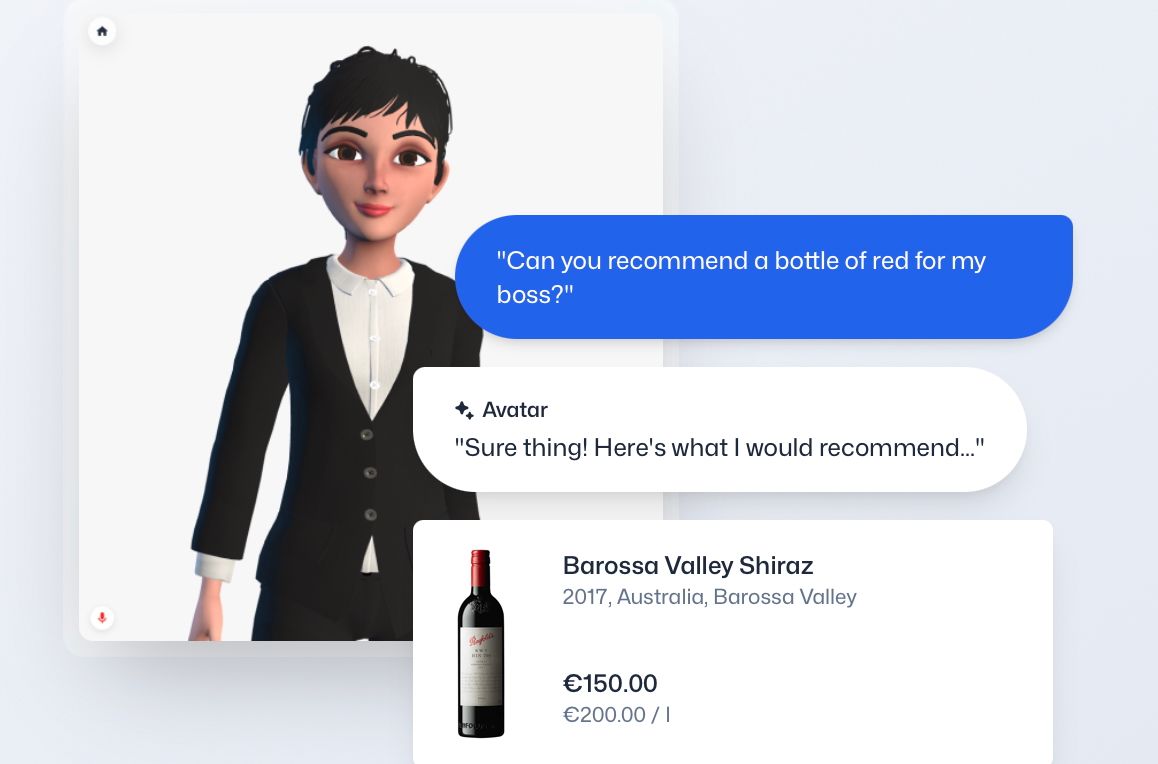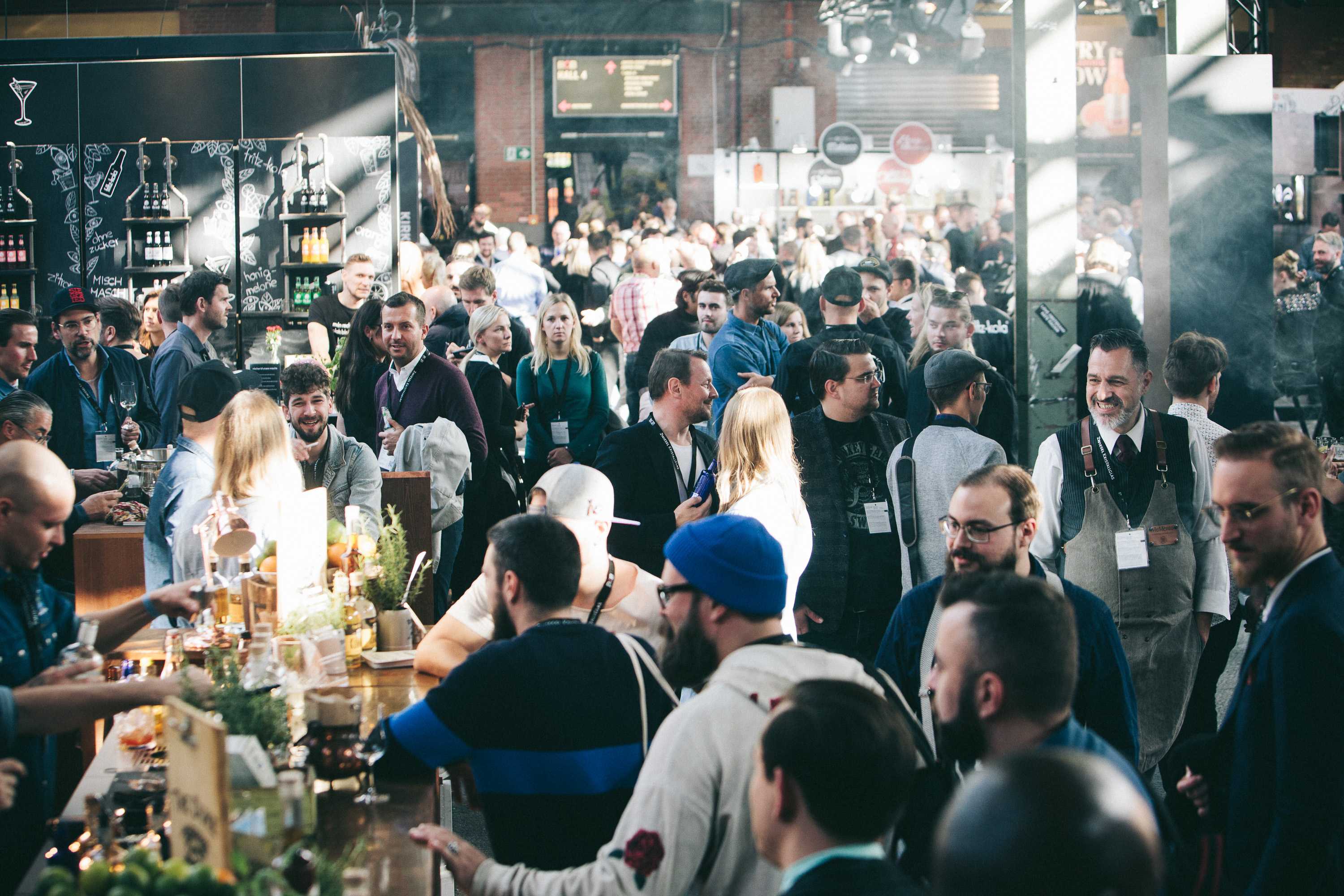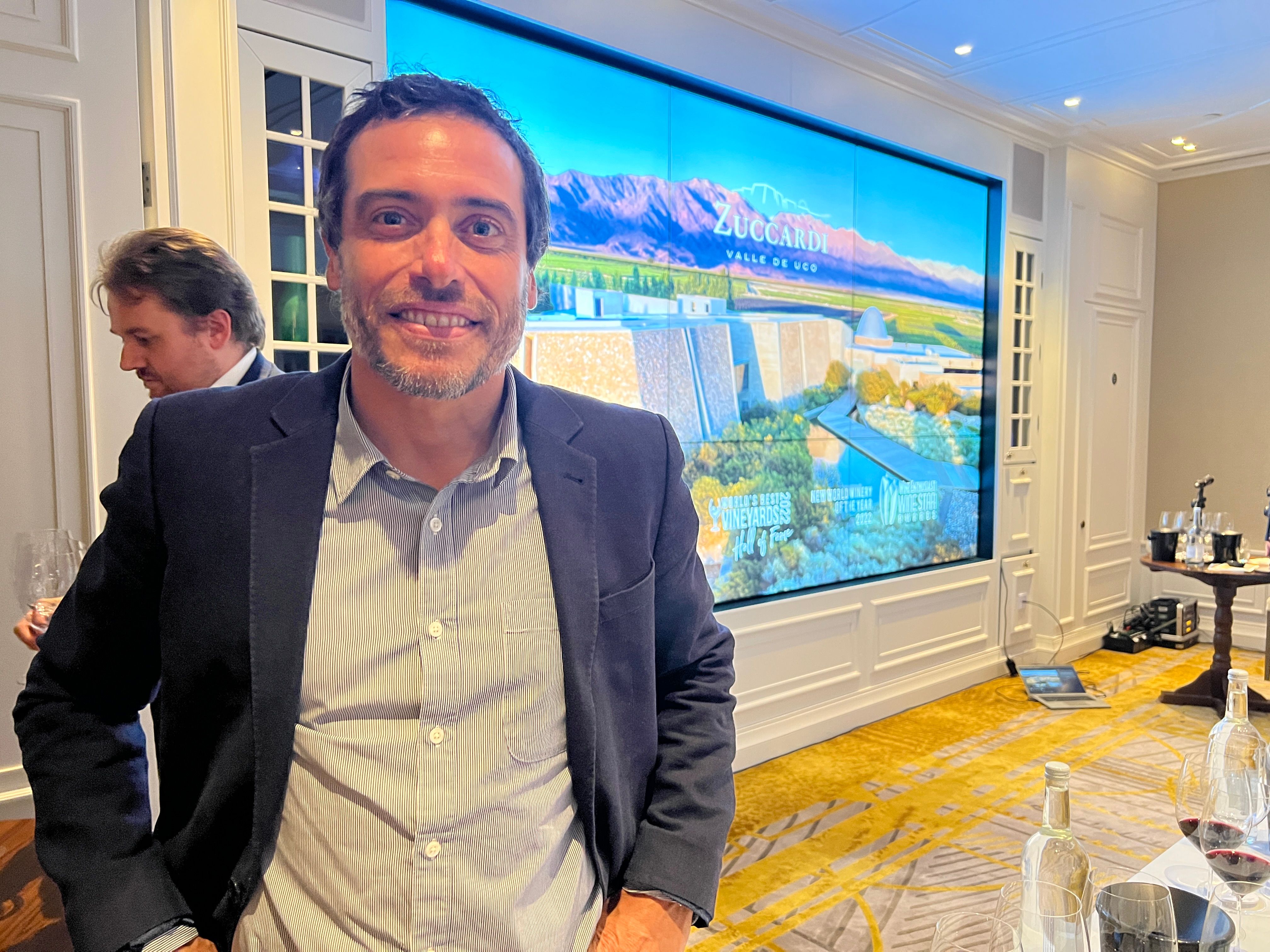What do you think have been the big step changes in Cap Classique wines over the last 10 to 15 years - and what has driven those changes?
A few things have happened. Ten years ago we approached the Wine & Spirits Board to change the time-on-lees for Cap Classique from nine months to 12 months. It insisted we needed to provide research data to prove it was a move in the right direction. Therefore we got the ARC (Agricultural Research Council) involved under the leadership of Professor Neil Jolly. We got seven commercial wineries producing Cap Classique involved and we did this study over three years.
The results were unanimously in favour of the longer lees aging resulting in better quality of the final Cap Classique wines. So, from 2023, we must have sparkling wines on the lees for a minimum of 12 months for a basic reference to Cap Classique on the label. The members of the Cap Classique Producers’ Association, welcomes this because it allows us to develop, in future, various categories of Cap Classiques – like in Franciacorta and Champagne.
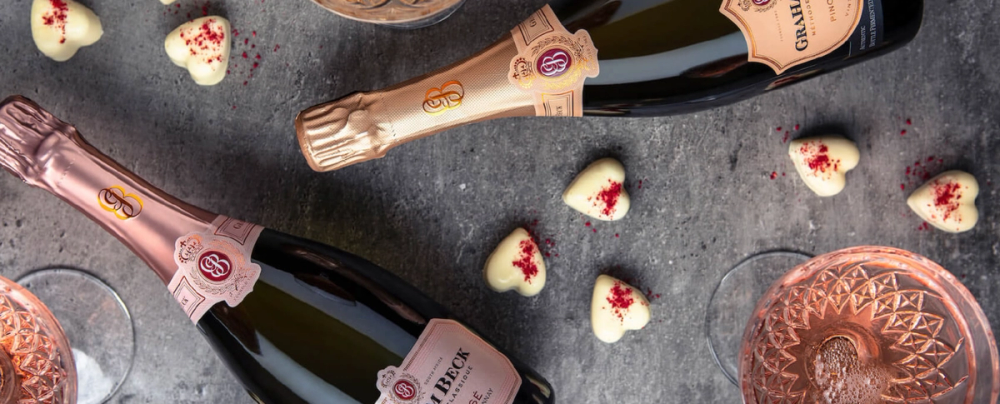
Cap Classique wines offer sommerliers and wine merchants a gastronomic sparkling wine style to sell
Cap Classique remains an aspirational category and this gives us a leading edge when it come the quality andprice point of discussion. In recent years we have also seen more and more specialist producers in this category.
Cap Classique is still growing in double digits year-on-year. Currently just over 11 million bottles of Cap Classique is produced. In 2021, just after the pandemic, Cap Classique celebrated i50 years. With great assistance from Islan Media in the UK gave us incredible exposure and suddenly we were recognised as an alternative category to Champagne.
How would you describe the styles of Cap Classique wines being made now compared to say 10 years ago?
The styles are made with more precision and attention to detail. Careful selection in the vineyard and specific sites, more favourable for Cap Classique, has become one of the cornerstones. The detail at pressing with the separation of the quality juice from the press juice and a minimum of 12 months on the lees has improved Cap Classique in the last 10 years.
We are in the process to consider creating two more categories in Cap Classique to express “perfected by time”. One of the key parameters driving Cap Classique to the next level. Watch this space.
Where are the big outstanding opportunities?
Opportunity lies for one with the UK consumer. They simply love anything sparkling. The quality and price point ratio is a no brainer. I guess Champagne will always be Champagne and the price keep on rising. The UK bubbles would love to at our price points but cannot afford it and Cava and Prosecco will never get there.
So, this is a beautiful void (space) that you would find Cap Classique. Cap Classique is seriously lowing hanging fruit. As long as we can get liquid over lips we have so much opportunity and the consumer will fall in love with our Cap Classique.
What are the biggest challenges you are faced with?
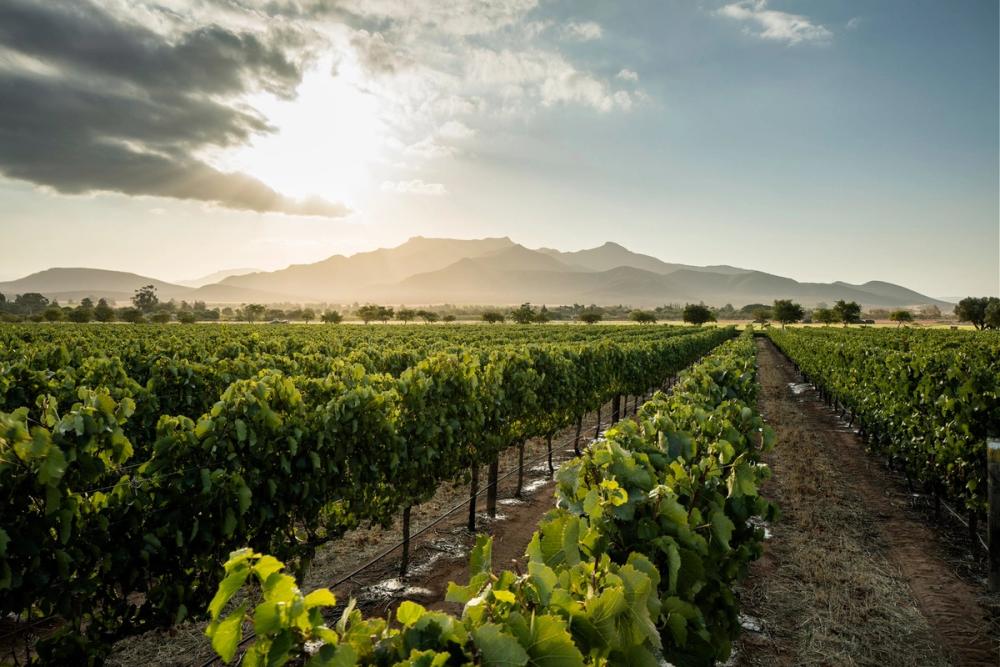
South African producers, like here at Graham Beck, are doing what they can to manage and cope with climate change
As an association we are very well represented and inclusive and we speak for at least 85 % of total Cap Classique produced. But in terms of challenges we have to start with climate change. This is for real and has been around for some time now. As Cap Classique producers’ we are mindful about this. Although sunshine is our secret weapon – we need to manage sunshine in the vineyards.
Is climate change having an impact on the styles of Cap Classique wines you are making and how are you adapting them?
We are always adapting our approach to vineyard techniques and allowing for much more shade in the fruit zone (or canopy) to keep the grapes away from direct sunlight. In this way we preserve so much more primary fruit and acidity in the grapes. Stylistically all Cap Classique has always shown sunshine in a glass.
The effect of climate change has not influenced styles. We have seen more variation in their offering, which now covers Blends, Blanc de Blancs, Rosé and Nectar styles. Emerging as styles are single expressions (terroir specific) and Blanc de Noirs.
What are your biggest export markets for Cap Classiques and how are you growing those?
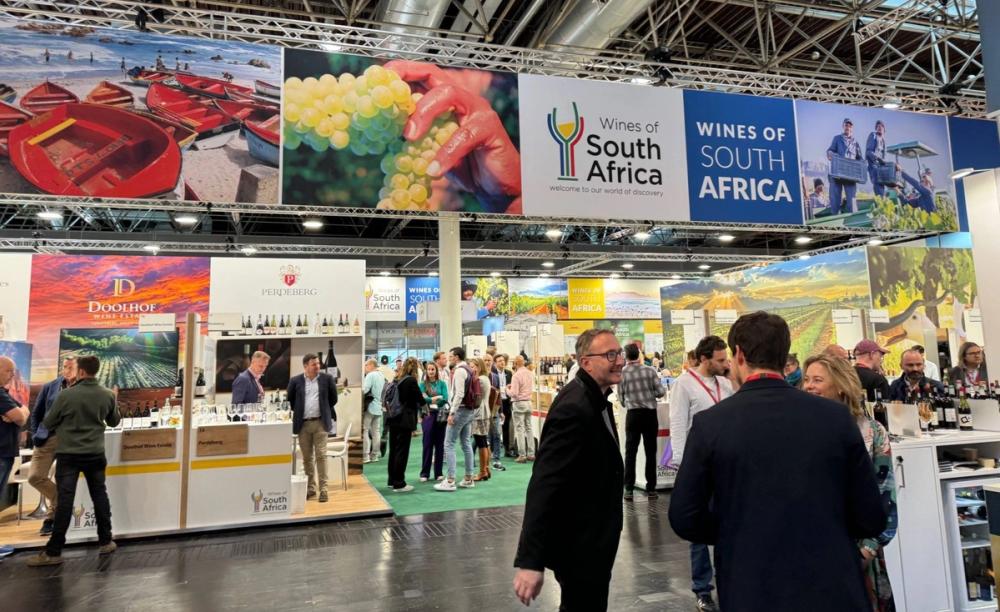
Cap Classique producers and its associatoin are looking to grow exports around the world at key trade fairs like ProWein
The UK is well away the number one market. Current rolling shipments (1 Jun to 31 May 2024 vs 2023) is 86,600 (9 L) cases, which equals 1,039,200 bottles of Cap Classique. This represents a 5% growth. It is a very healthy environment to be in and we urge the British to not stop here!
In terms of the rest of the top 10 then in order of volume expressed in (9 L) cases it is: US (28,558); The Netherlands (27,356); Sweden (19,713); Norway (10,931); Reunion Island (7,961); Germany (6,683); Belgium (4,678); Japan (4,637); and Mauritius (4,530). So clearly let us keep UK number one.
How do you hope to grow the UK market?
Well, with over a million bottles of Cap Classique sold in the UK the world is our oyster. Through a collective drive by the members of the Cap Classique Producers’ Association, with the help from Island Media we are constantly chipping away on generic opportunities throughout the UK market. We firmly believe that through liquid over lips and the charm of South African producers we have hopes to grow in leaps and bounds.
We are fortunate to see more and more South African Cap Classique brands support the efforts of Graham Beck. To mention a few, they are Kleine Zalze, Spier, Krone, Simonsig, Villiera and Boschendal.
* You can read more about Graham Beck wines at its website here.
* You can find out more about Cap Classique Producers Association at its website here.
